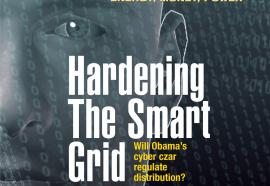Transmission Preemption
Federal policy trumps state siting authority.
In some states, transmission projects have slowed to a halt as regulators attempt to substitute their own need determinations for those of RTOs. The federal framework encourages cooperation, but Congress and the courts have given FERC clear authority over interstate transmission systems.








